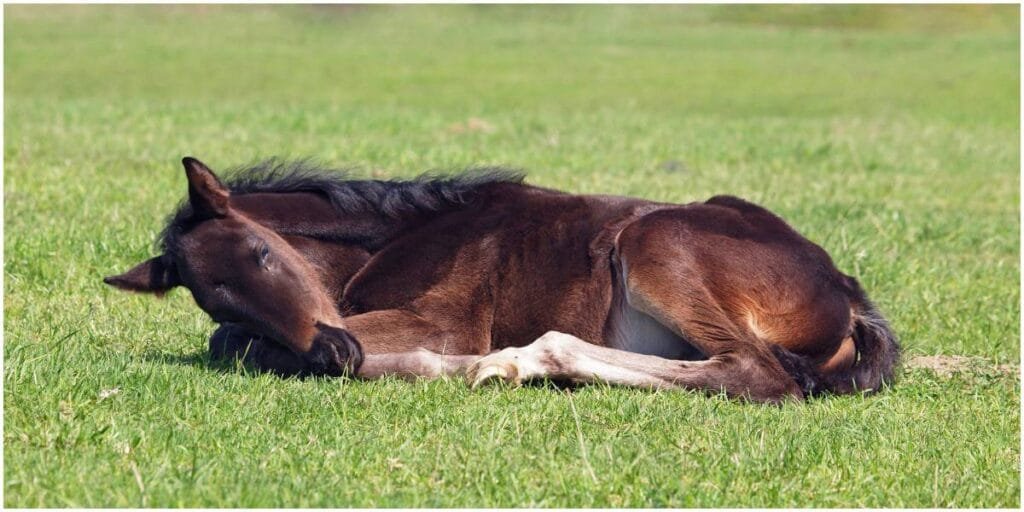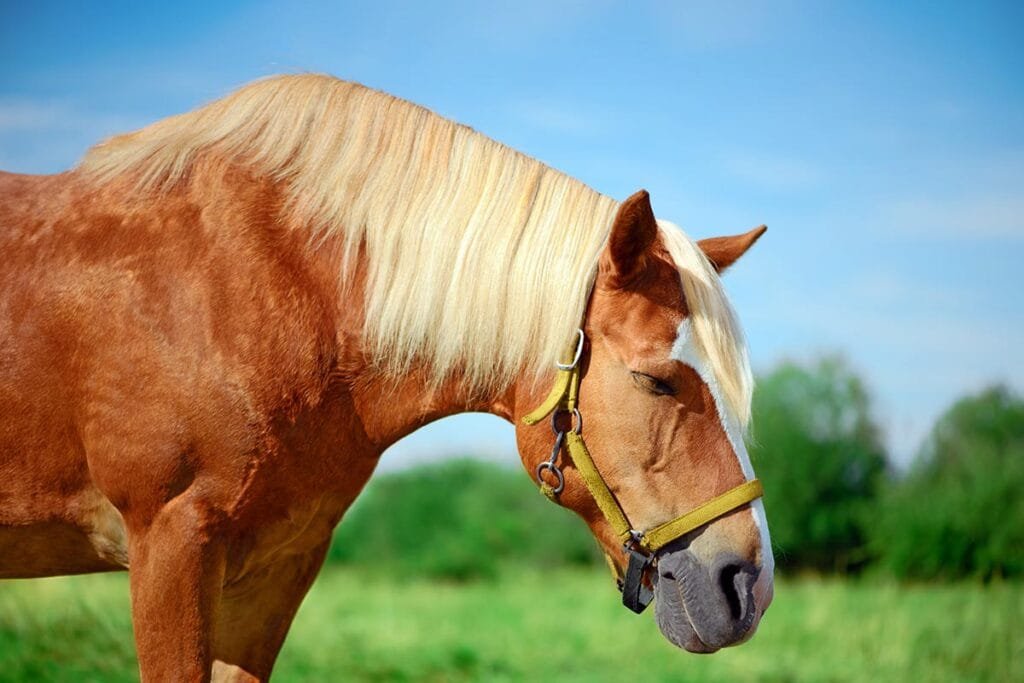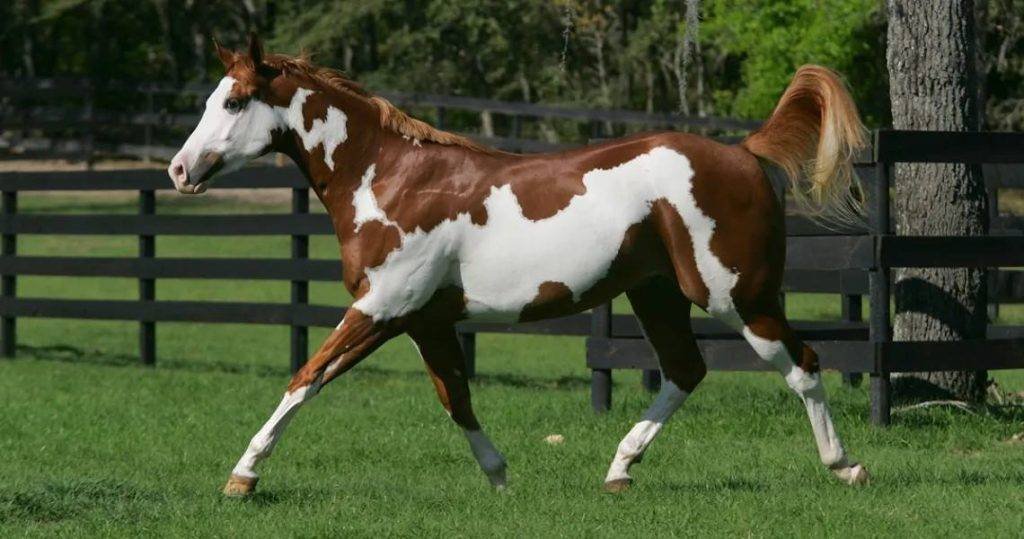Horses are unique animals, and one of their fascinating characteristics is their ability to sleep both while standing up and lying down.
This ability is not only intriguing but is also essential for their survival in the wild. Horses, like many prey animals, are naturally cautious creatures. In the wild, they are vulnerable to predators, so being able to sleep while standing allows them to remain alert and ready to flee at a moment’s notice if danger approaches.
Sleeping While Standing

When horses sleep standing up, they use a special system in their legs called the “stay apparatus.” This system of ligaments and tendons locks their legs in place so they can relax their muscles without falling over. This ability allows them to rest without the risk of being caught off guard by a predator. Horses typically do not fall asleep deeply while standing, but they do enter a light sleep where they can rest their bodies without losing their balance.
This method of sleeping is particularly useful in the wild, where horses may need to stay on the move or be ready to run if needed. However, standing sleep does not provide the deep rest they need for complete recovery, which is why horses also sleep while lying down.
Sleeping While Lying Down

Although horses can sleep while standing, they do need to lie down for deeper, more restorative sleep. In fact, horses typically lie down for about 30 minutes to 2 hours each day to achieve REM (Rapid Eye Movement) sleep, the stage of sleep that is critical for mental and physical restoration. During REM sleep, the horse’s brain processes information, and its muscles relax completely. While this sleep is essential for their well-being, horses are usually careful about when and where they lie down. They prefer a safe, quiet area where they feel secure and are less likely to be disturbed.
Interestingly, horses do not need to lie down to sleep for long periods of time. Their need for deep sleep is relatively short compared to other animals. Typically, they only require a few hours of REM sleep each day, and much of the time they can manage to rest in shorter bursts, both while standing and lying down.
Why Horses Sleep This Way
The dual ability to sleep both standing and lying down is a survival mechanism that evolved over time. In the wild, horses live in herds, and their constant need for vigilance makes it necessary to have the ability to rest without becoming too vulnerable. The stay apparatus allows them to take light naps while keeping an eye on their surroundings, while lying down provides the deeper rest they need to stay healthy.
Domesticated horses still retain this ability, though they often feel safer and more secure in a stable or pasture where they can lie down without fear of predators. As a result, domesticated horses might spend more time lying down than their wild counterparts, but they will still stand when they feel they need to be more alert.
Conclusion
In summary, horses have the remarkable ability to sleep both while standing and lying down. This adaptation helps them remain vigilant in the wild, where being able to sleep standing allows them to stay alert for predators. However, they also need to lie down for deeper sleep, which is essential for their health and recovery. Whether standing or lying down, horses manage to balance rest with awareness, ensuring they can survive in their natural environments and thrive in domesticated settings.




